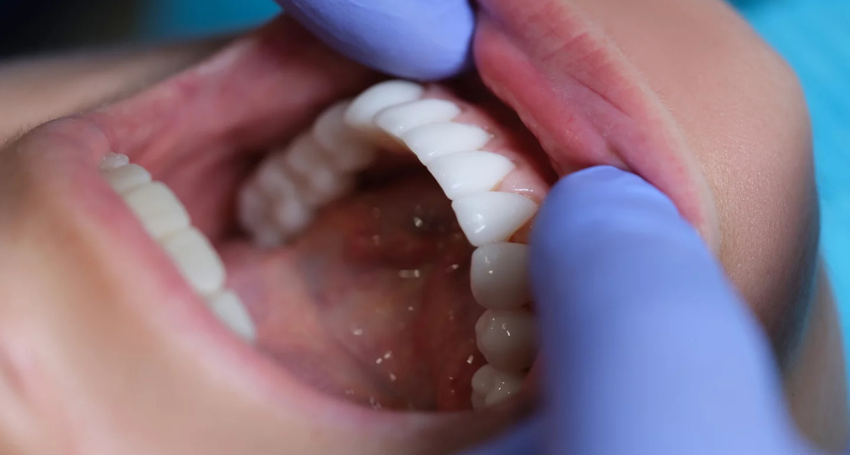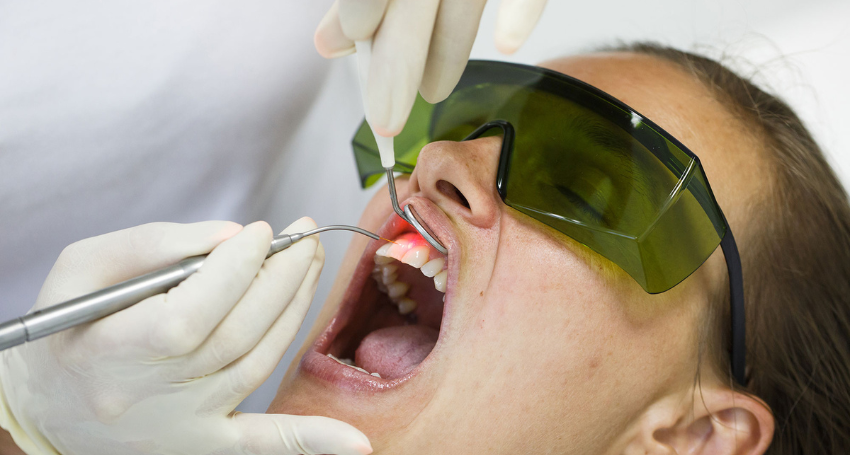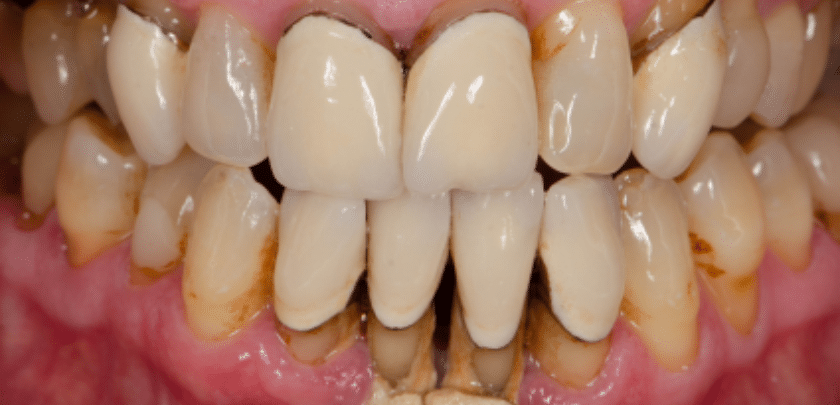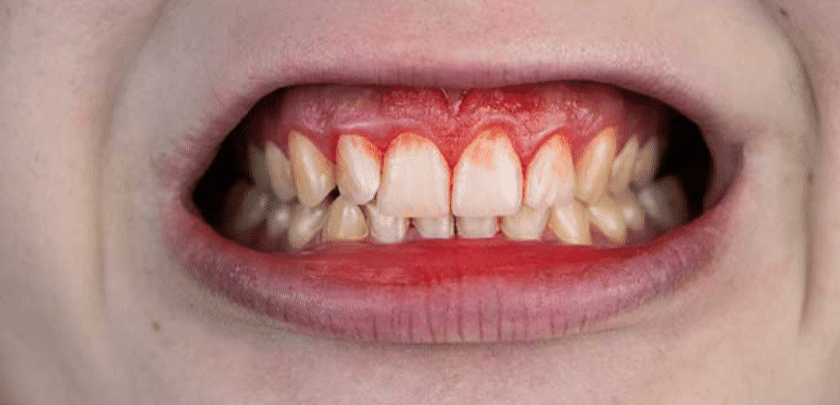
Dental veneers are a popular cosmetic solution for enhancing the appearance of teeth. Many patients opt for veneers to achieve a brighter, more uniform smile. A common question that arises before deciding on this treatment is: How long do dental veneers last? Understanding the longevity of veneers can help you determine if they are the right choice for your smile makeover.
What Are Dental Veneers?
Dental veneers are thin, custom-made shells bonded to the teeth’ front surface to improve their appearance. They are often made from either porcelain or composite resin, with porcelain being the more durable and stain-resistant option. Veneers are used to address various dental concerns, such as discolored teeth, chips, gaps, or minor misalignments.
Average Lifespan of Veneers
On average, porcelain veneers can last anywhere from 10 to 15 years, sometimes even longer with proper care. Composite veneers, while less expensive, typically have a shorter lifespan, lasting about 5 to 7 years. The difference in durability between porcelain and composite veneers is primarily due to the materials used, as porcelain is stronger and more resistant to staining and wear.
Read More: How Long Does It Take For Your Gum To Heal After Extraction?
Factors That Affect the Longevity of Dental Veneers
Several factors can influence how long your veneers will last. These include:
- Material: Porcelain veneers tend to last longer than composite veneers due to their durability and staining resistance.
- Oral Hygiene: Proper brushing and flossing habits are essential to maintaining the health of your veneers and the underlying teeth.
- Lifestyle Habits: Certain habits, such as teeth grinding (bruxism) or biting hard objects (such as ice or pens), can prematurely wear down or damage veneers.
- Dental Care: Regular dental checkups and professional cleanings are necessary to ensure that your veneers and natural teeth remain in optimal condition.
- Diet: Consuming excessive amounts of staining foods and beverages, like coffee, red wine, and tea, may affect the appearance of your veneers over time.
How to Extend the Life of Your Veneers
To maximize the lifespan of your dental veneers, consider the following tips:
- Practice good oral hygiene by brushing and flossing regularly to keep your teeth and gums healthy.
- Avoid habits that could damage your veneers, such as biting your nails, chewing on ice, or using your teeth as tools.
- If you grind your teeth while sleeping, wear a nightguard. This will protect your veneers and natural teeth from wear and tear.
- Visit your dentist regularly for checkups and cleanings to monitor the condition of your veneers and address any issues early.
Read More: How Long Do Dental Veneers Last?
Signs It’s Time to Replace Your Veneers
Even with excellent care, dental veneers may eventually need to be replaced. Some signs that indicate it’s time for replacement include:
- Chips or cracks in the veneer
- Discoloration or staining that doesn’t improve with cleaning
- Gaps forming between the veneers and your gums
- Discomfort or changes in the way your bite feels
If you notice any of these signs, schedule an appointment with your dentist to discuss whether your veneers need repair or replacement.
Conclusion
While dental veneers are not permanent, they can last for many years with proper care. For those looking to achieve a brighter, more uniform smile, veneers offer an excellent option with lasting results. If you’re interested in dental veneers or have questions about their longevity, call us today at to schedule a consultation and learn more about how veneers can enhance your smile.


